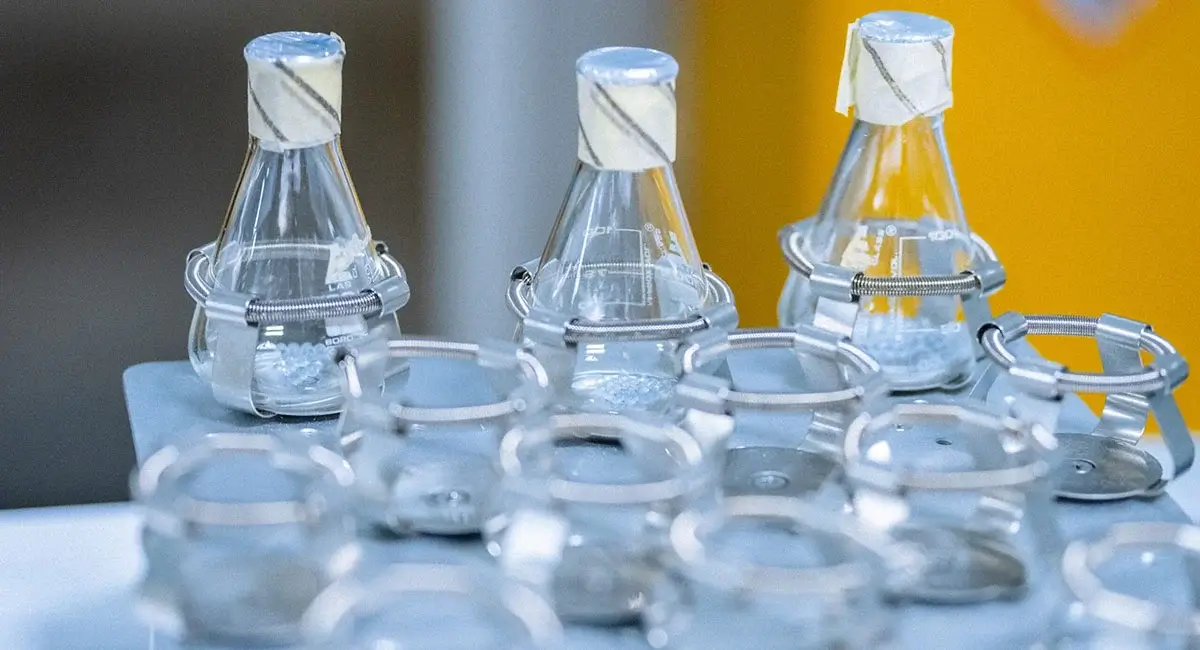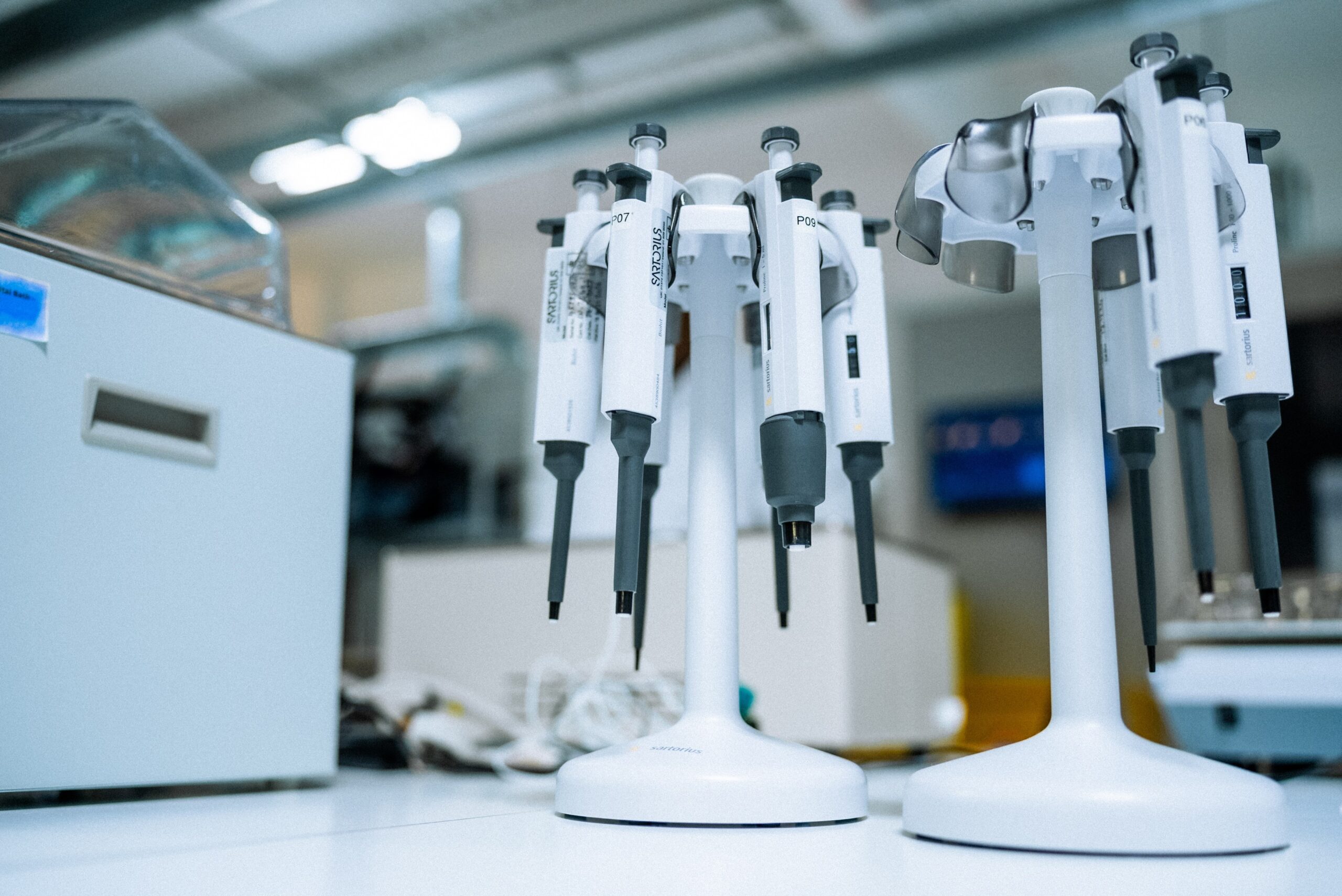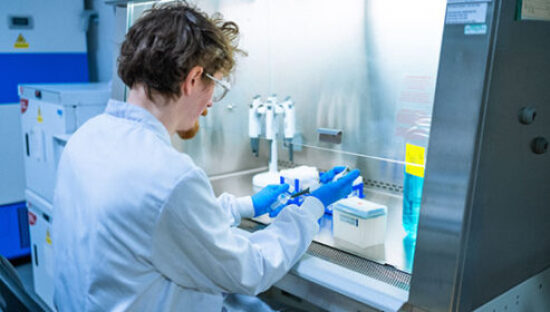
Biological Evaluation Plan: Knowledgeable and Experienced Professionals
Writing a Biological Evaluation Plan (BEP) is not something that just anyone can do. It requires deep knowledge, experience, and a thorough understanding of the medical device regulatory landscape, especially if you want it to be accepted by the Regulators. Under ISO 10993, competent and qualified professionals must be involved in the planning and documentation of biological evaluations. The BEP must be a carefully considered document that demonstrates a deep understanding of biocompatibility and risk. Failure to meet these standards can result in significant delays, costly feedback from Notified Bodies, and even rejection of submissions.
What does the market say?
My role as Business Development Manager sees me speaking with customers in the thick of not only MDR transitions but also regulatory submissions on a regular basis, and what we are seeing is an increased trend in Notified Bodies pushing back on companies lack of biological evaluation data. You may have read a previous post from my colleague Sophie where we talked about a lack of biological evaluation plans, which is still a leading cause of Notified Body pushbacks. However, we are now seeing an emerging trend where although manufacturers may have a BEP in place, they are facing questions around the author of these documents.
ISO 10993 states the evaluation must be performed by knowledgeable and experienced professionals, which many manufacturers may feel they have, either in the form of consultants or their own internal regulatory affairs team, when in reality these CV’s are being questioned by assessors. We are seeing that despite companies sending their staff on training courses in Biocompatibility this is not enough to satisfy the Notified Bodies.
I spoke to our Toxicologist Sophie about this and her thoughts were:
“The biological plan is not just a tick box exercise, it represents a critical part of the safety of a medical device and its essential that the people reviewing the data understands the impact results can have not only the device but also on the patient.”
First, we must try to establish what experienced and knowledgeable personnel are. It is an assumption that this may be a team of individuals, each with experience or knowledge in a specific field, such as toxicology, clinical risk, regulatory affairs, etc. Let’s refer to this as an “evaluation team” and how do we ensure that you as our customer do not face these same challenges, which undoubtably cause delays in either bringing products to market, or completing your MDR transitions.
Sophie Bell: “The biological plan is not just a tick box exercise, it represents a critical part of the safety of a medical device and its essential that the people reviewing the data understands the impact results can have not only the device but also on the patient.”

What Defines a Competent Person Under ISO 10993?
The ISO 10993-1 standard is critical in ensuring the biological safety of medical devices. One key aspect of this standard is the requirement that biological evaluations are “planned, carried out, and documented “ by this so called evaluation team. However, in this context it is somewhat ambiguous and open to interpretation. To provide further clarity, the standard expands on this definition by stating that the ISO 10993 series is intended for use by professionals who are appropriately qualified through both training and experience. Authors must be capable of interpreting the standard’s requirements and evaluating the outcomes for each specific medical device, taking into account all relevant factors, including the device’s intended use and the latest scientific data available.
Seeking Direction from Other Standards
The EU MDR 2017/745 offers a more explicit framework for defining competency in the form of the Person Responsible for Regulatory Compliance (PRRC). According to the MDR, the PRRC must have either a university degree in a relevant scientific discipline and at least one year of experience in regulatory affairs or quality management systems related to medical devices, or four years of relevant professional experience. This clear definition within the MDR demonstrates how unambiguous guidelines can help prevent the pushbacks that can delay product approvals, leading to costly and time-consuming repercussions for manufacturers.
Given the current strain on notified bodies – many of which have lead times of over 12 months for device evaluations – minimising unnecessary delays is crucial.
Based on the above what do you consider a critical consideration when choosing a supplier for your biological evaluation?
- Existing supplier
- Recommendation
- Fastest turnaround time
- Highest level of qualification
- Previous experience
- Price
With regulatory budgets already being stretched due to the changes in the MDR, there is no doubt price plays a critical role in companies deciding which route to take. With the BEP often being referred to as a ‘literature review’ you can see why decision makers may not value the contents of such a document. However, the wider question is ‘what is the cost of another round of notified body feedback’?





